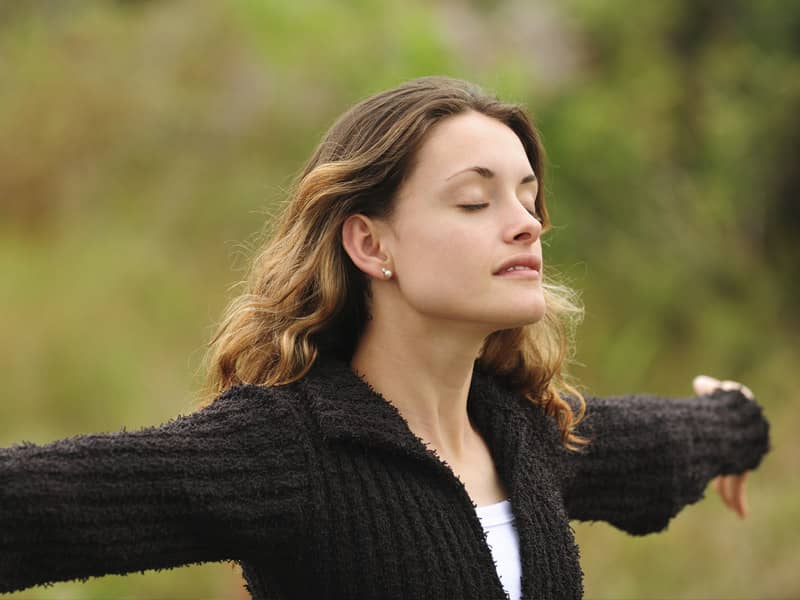For years I had longed to have children, so I was over the moon when, at 36, I discovered that I was pregnant. But night after night, I had restless dreams. Night after night I could see that the baby — which I was sure was a boy — was growing within me, but his eyes would not open. Days became weeks, and weeks turned into months. Early one morning, barely awake myself, I asked out loud, “Why won’t they open?” Michael turned and looked at me. “The baby won’t open his eyes,” I said. I knew then what was only later confirmed by the doctors. The baby’s eyes were not meant to open; he died before he was born.
All I wanted to know was why? After five months of living in my womb, my baby had been born dead. “Why?” I asked of the nurses, of anyone, of no one, of God. For five months my heart had swelled with love as my belly had swelled with new life. How was I to know that I had cradled my child in his grave?
Women know that we do not carry our unborn babies only in our wombs. We carry them in our dreams and in our souls and in our every cell. Losing a baby brings up so many unspoken fears: Will I ever get pregnant again? Will I ever be able to give birth to a healthy child? Everything felt broken inside. As I lay awake during the many sleepless nights to come, I began to sift through the shards and splinters, hoping to find reasons. Gradually, I began to realize that the answers would come in God’s time, not mine.
Staggering through this minefield of hard questions and partial answers, I began to make my way toward healing. Dreams of my baby gradually faded, but for a time it seemed as if the grief itself would never lift. My mother had once given me a quotation from Aeschylus that spoke directly to these hours: “And even in our sleep, pain which cannot forget falls drop by drop upon the heart, and in our own despair, against our will, comes wisdom to us by the awful grace of God.” At some point, I accepted the pain falling drop by drop and prayed for the wisdom to come.
I had known pain before. Relationships had broken, illnesses had come, death had visited people I loved. But I had never known a pain like this one. What I learned through it is that we are not on this earth to accumulate victories, things, and experiences, but to be whittled and sandpapered until what’s left is who we truly are. This is the only journey that can get us to fearlessness, particularly in the face of pain and loss.
I lay in bed nestling her to me for hours. When I finally grew sleepy, we put her in a crib next to my bed. A few moments later, after everyone had left the room, I began trembling convulsively.
I tried to calm myself with the same soothing words I had just offered to my baby: “It’s all right . . . it’s all right.”
And then my body was no longer shaking. I had left it. I was looking down at myself, at Christina, at the tuberoses on the nightstand, at the entire room. I had no fear at all; I knew I would return. And I was awash in a sense of enormous wellbeing and strength. It was as if a curtain had been pulled back to give me a glimpse of wholeness — birth, life, and death. Seeing them all at once, I could accept them all. For I don’t know how long, I hovered in that state of almost tangible fearlessness and peace. Then, I watched a nurse enter the room, and as she touched me, she jolted me back into the hospital reality. I returned with a great sense of confidence and joy. The fear and anxiety of taking Christina home had disappeared. I knew we would be fine.
Sometimes the fear of loss and of pain makes us avoid risks by staying away from love, by not giving of ourselves, by living in a defensive way. “Emotional detachment is one such defense,” Judith Viorst writes in Necessary Losses. “We cannot lose someone we care for if we don’t care.” But then it’s like living without flowers, because, as the husband of a friend of mine said, “Flowers are messy — their petals fall off, the water spills, and aside from that, they die!”
We may try to protect ourselves against our fear of loss with plastic flowers and lukewarm attachments, but we won’t be living a fully realized life.

